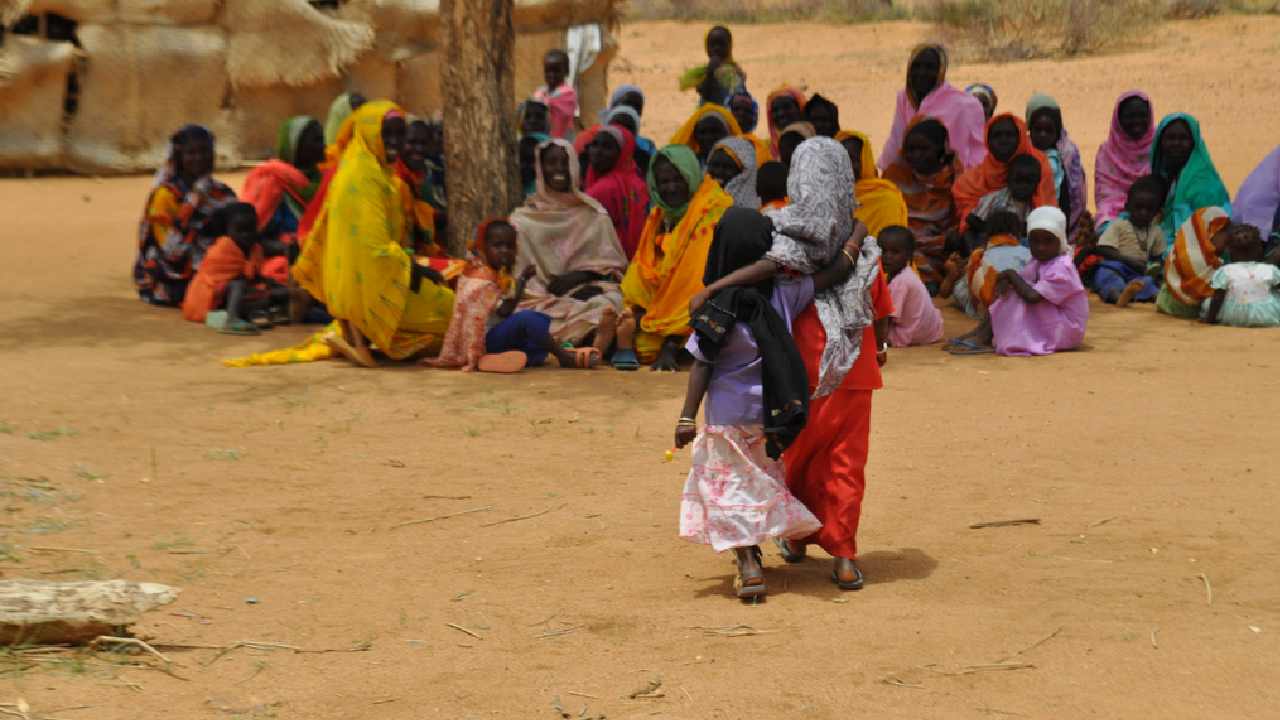The United Nations Office for the Coordination of Humanitarian Affairs warned on Friday that up to 18 million people in Africa’s Sahel region will face severe food insecurity in the next three months, the highest number since 2014.
The United Nations Under-Secretary-General for Humanitarian Affairs and Emergency Relief Coordinator sounded the alarm about the seriousness of this situation, explaining that entire families are “on the verge of starvation.”
Martin Griffiths estimates that 7.7 million children under the age of 5 will suffer from malnutrition, of which 1.8 million are already severely malnourished. If aid operations are not increased, this figure could rise to 2.4 million by the end of the year.
Griffiths explained that this situation has been reached after “a combination of violence, insecurity, extreme poverty and food prices that reach record levels.” He added that “the recent increase in food prices due to the conflict between Russia and Ukraine threatens to turn a food security crisis into a humanitarian disaster. If we don’t act now, people will die.”
The situation has reached alarming levels in four Sahel countries: Burkina Faso, Chad, Mali and Niger. In those countries, 1.7 million people are expected to experience levels of food insecurity reaching emergency status during the inter-harvest period between June and August.
This level of urgency describes a situation in which households experience “major shortages” in food consumption and high levels of acute malnutrition and deaths, and in which families are forced to sell their farming tools and other assets. they need to maintain their lives and livelihoods.
As Secretary-General António Guterres announced on May 20, in response to this crisis, the office released $30 million from its Central Emergency Response Fund for the four countries, including $6 million for Burkina Faso and $8 million for Chad, Mali and Niger.
Since the beginning of the year, the Fund has allocated almost 95 million dollars to the food crisis in the Sahel. That amount includes recent allocations for Mauritania ($4 million) and Nigeria ($15 million).


























